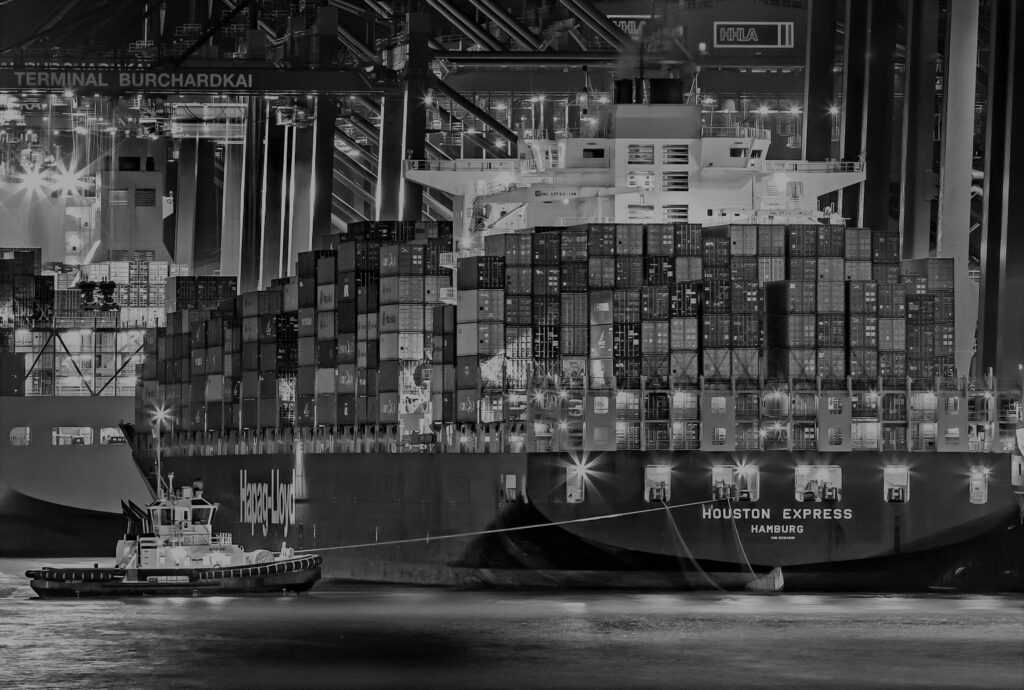A new guideline on sustainable textile procurement was published by the German Government
The German government published a “Guide for Sustainable Textile Procurement by Federal Administration” (in German), an effort to achieve the objective set out on their sustainability action plan to have 50% of the public textile procurement made in accordance to sustainable criteria. The guidelines cover the whole production process of textiles and the entire supply chain. Although the guide is directed towards four major federal procuring agencies, it also provides guidance for federal states and municipalities.
The Commission’s classification of which economic activities contribute to climate change mitigation was accepted by the European Parliment
The European Union Taxonomy Regulation adopts a strategy towards sustainable finance in which the main objective is to re-direct the financing flow to environment-friendly activities. In September 2021 the Members of the European Parliament embraced the classification proposed by the Commission that detailed the economic activities suited to minimize climate change. The Delegated Act is intended to work as “screening criteria” to analyse which economic activities are contributing to the mitigation of climate change or not causing harm to the set environment objectives.
A Ban on products made with forced labour was proposed by the European Commission
The President of the European Commission, Ursula von der Leyen, announced that the EU will propose a ban on products issued from forced labour. In her statement, she affirmed that “Doing business around the world is good, global trade around the world is good and necessary, but this can never, ever be done at the expense of people’s freedom and dignity”.
The French Court of cassation reversed a lower court’s decision and affirmed that large could be indicted for crimes against humanity
In 2016 eleven former Syrian employees, together with ECCHR (European Center for Constitutional and Human Rights) and Sherpa (a French NGO) filed criminal proceedings against Lafarge (a French cement company). The company is accused of having purchased commodities and made payments to the Islamic State (IS) and other armed groups in order to keep its Syrian cement factory up and running between 2012 and 2014. It is claimed that these arrangements, which value has been esteemed to amount to 13 million euros, provided funding to IS amounting to complicity in crimes against humanity. In 2019, the Paris Court of Appeals had dismissed the charges brought against Lafarge for complicity in crimes against humanity. In September 2021, the French Supreme Court reversed this decision and affirmed that Lafarge could be indicted for crimes against humanity.
Authors: Ana Carina Duarte and Rafaela Oliveira

